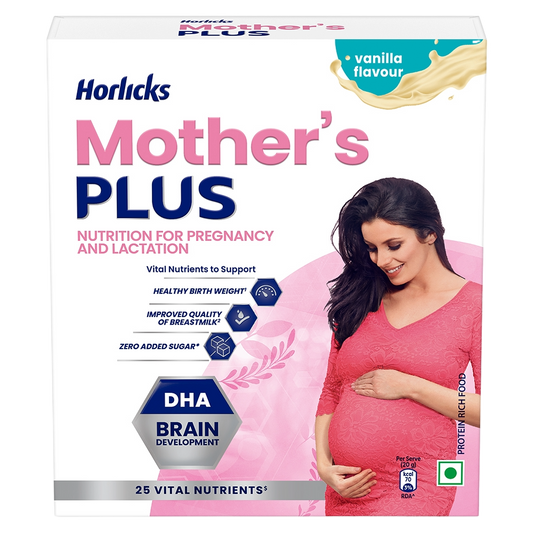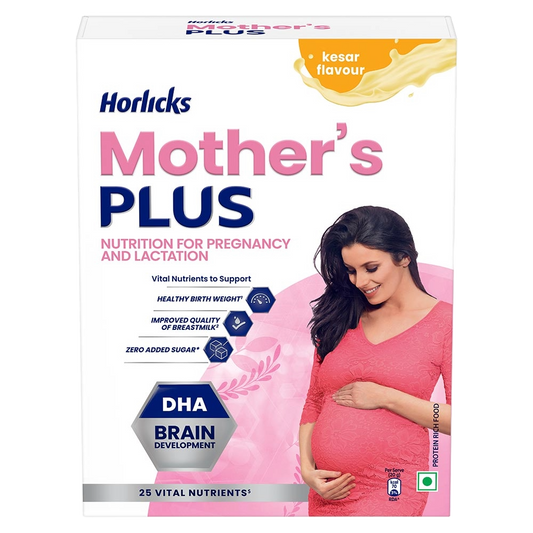- An adequate level of DHA in your prenatal diet can ensure a healthy, full-term pregnancy
A lot of research has focused on the children of mothers who received an adequate level of DHA during their pregnancy. The IJP study found that these children scored higher on intelligence tests and had better attention spans. At four years of age, these children showed better depth perception and stereo acuity.
The third trimester, or the last three months of your pregnancy, is particularly important. This is when the DHA in your diet has the most significant impact on your baby’s development3. So, it is critical to consume a healthy amount of DHA during this phase.
How Is DHA Good For You?
- DHA helps prevent premature delivery4.
- Adequate DHA is also essential in your lactation phase.
- DHA improves brain function not just for babies, but for adults as well.
- It also reduces the risk of blood clots and cardiac risks.
- It is present and required in every cell of the body5.
- The IJP study specifies that DHA boosts feel-good chemicals like serotonin, and the memory-aiding chemical, acetylcholine.
Are You Consuming Enough DHA?
The Indian Council of Medical Research (ICMR) recommends in a report that pregnant mothers should have at least 200 mg of DHA in their daily diet during pregnancy6. That amount may increase depending on medical requirements, the mother’s physiology, diet, and other factors.
However, getting the right amount of DHA from your daily diet may be difficult at times. So, it is essential to have the right sources of DHA in your diet. Natural sources for DHA include fatty fish, fish oil, seafood, seaweed, meat, poultry, walnuts, eggs, and milk.
In addition, smart dietary modifications can ensure you get the required amount of DHA to support your pregnancy diet. One example is Horlicks Mother’s Plus. It is a nourishing beverage that provides essential nutrients required by a pregnant woman and her baby for the development and function of a baby’s brain.
Health Drinks And Supplements
Vegetarian or not, nutritionists recommend all pregnant women take DHA supplements7. Horlicks Mother’s Plus contains DHA from a vegetarian source and is suitable for both vegetarian and non-vegetarian mothers.
While consuming health drinks and supplements, it is advised that you stay informed and ask your doctor for all the information you need. If you do that, you can successfully make the best of this important phase of your life.
The author is Neha Chandna, who is a practicing dietitian for the last 8 years. The views, opinions, and recommendations expressed in this article are solely those of the author and intended as an educational aid. Please consult your doctor for professional advice concerning specific health/medical matters.









